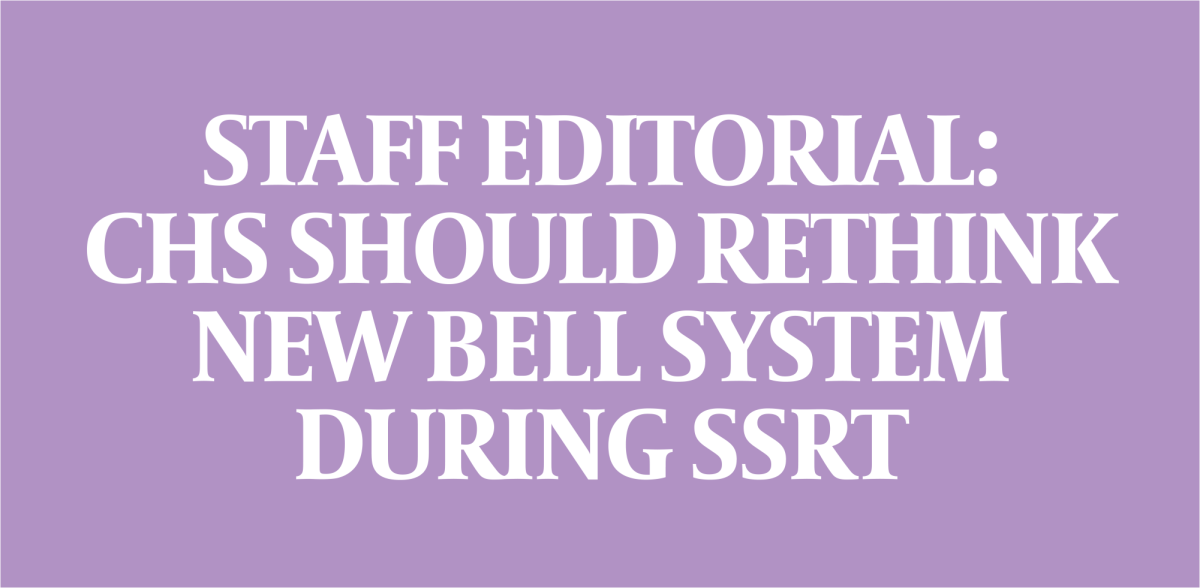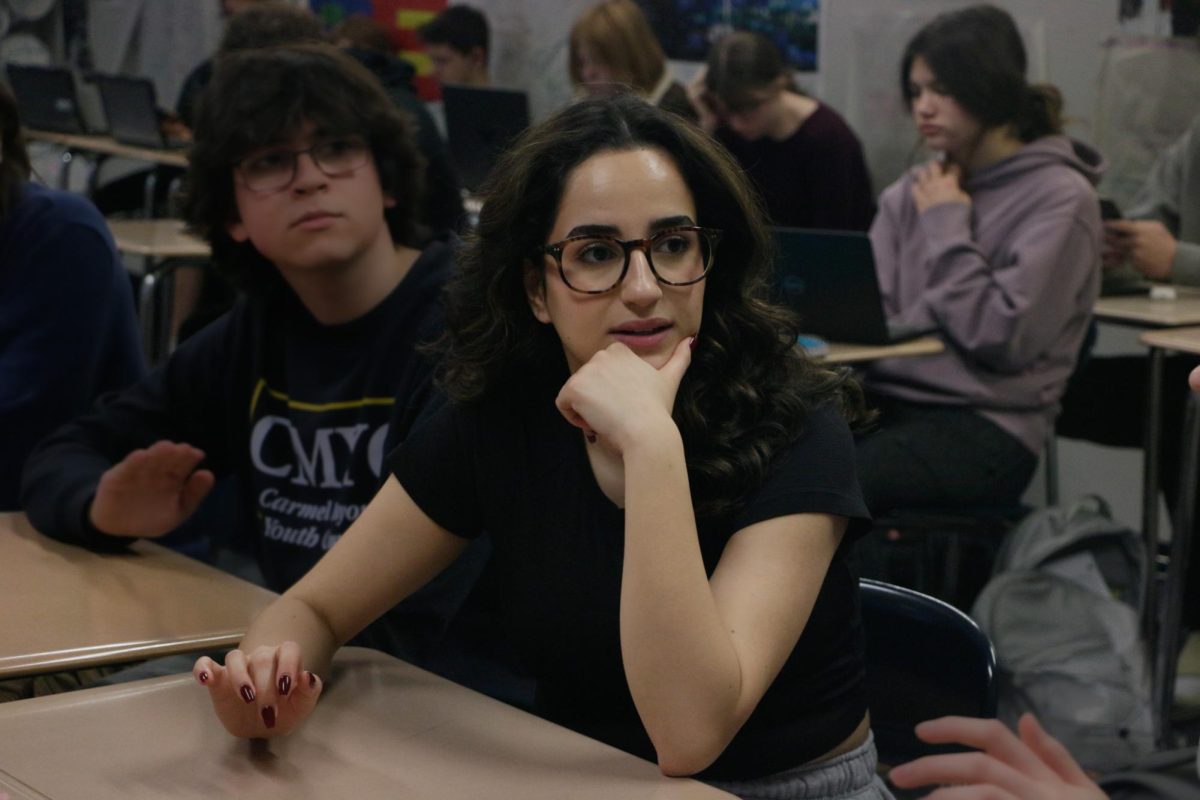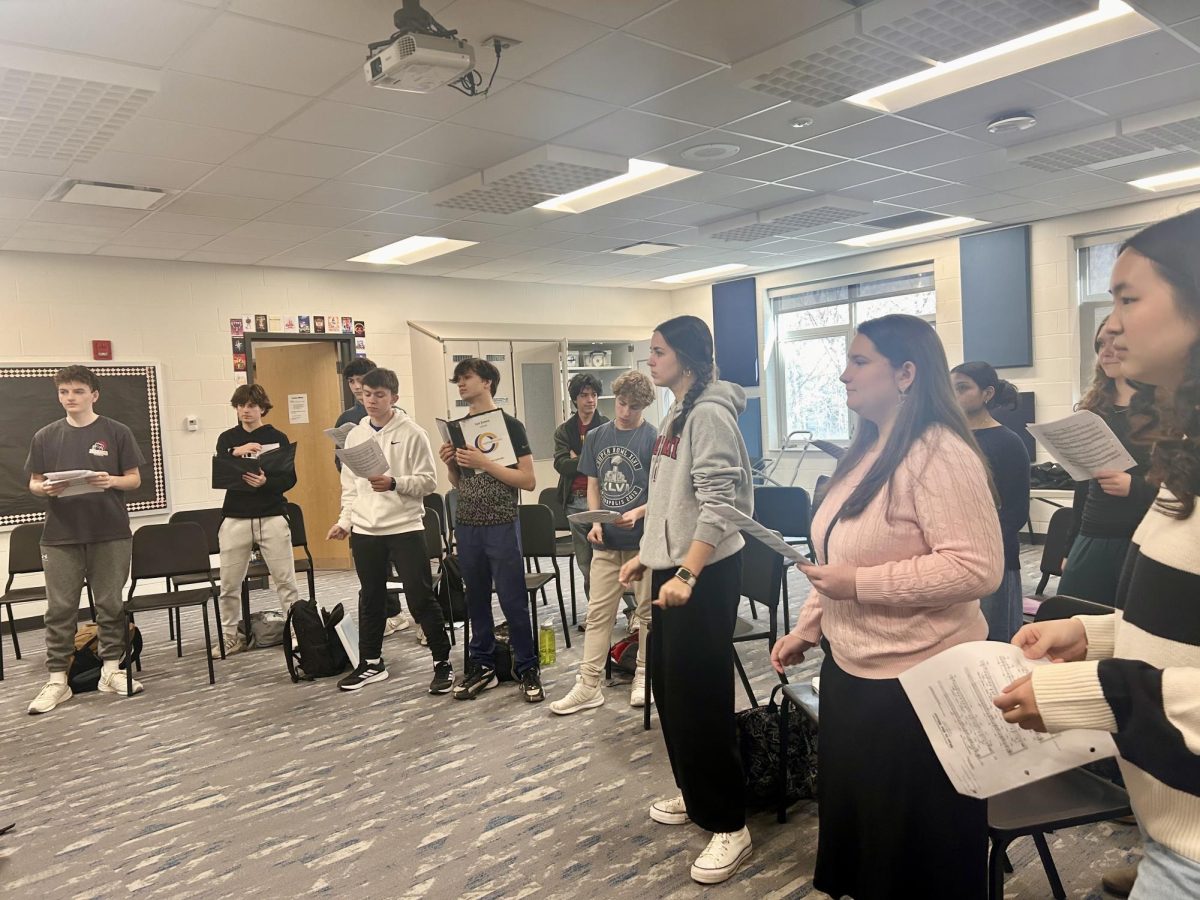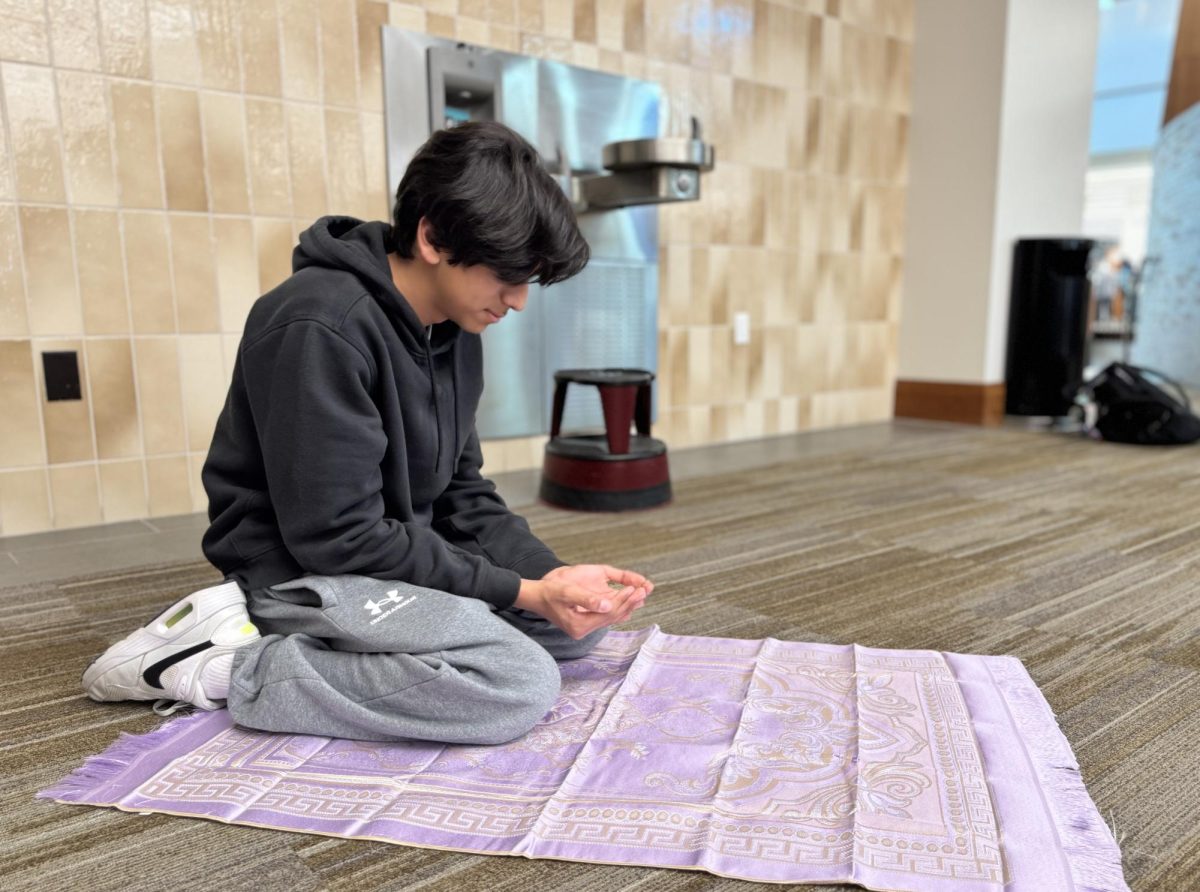As far as policy is concerned, the microcosm of our school functions as a trickle-down dictatorship. We, the students, have virtually no power in state and federal regulations, and we often don’t hear about them until they are affecting us. But are we really as powerless as we believe?
When new guidelines take effect that students deem arbitrary or detrimental to the student body or the school in general, such as RISE standards or the 90/10 grading policy, students often grumble and complain among peers and on Twitter, but that’s typically the extent of it. Eventually we buckle under and accept the changes as resolute orders. Now, with new federal guidelines impeding on our lunchtime choices, students yet again take to passing period rants between friends, with no direction or plan of action.
The guideline in question comes from the Department of Agriculture, and it mandates that all á la carte items in the cafeteria be under 200 calories. This will remove popular snacks, such as Cheetos, from the lunch line by the 2014—2015 school year. This move to reduce students’ caloric intake is obviously targeted at America’s current obesity epidemic, especially with Indiana ranking as the eighth most obese state in the nation in 2012. However, many student athletes rely on these snacks to power them through intense workouts and games. Furthermore, the majority of students feel they should be allowed to make their own choices about what they put into their bodies. Other students maintain that, even if such food choices are eliminated from this school’s menu, they will purchase those foods elsewhere.
The cafeteria staff recognized this and sent a school-wide email to the staff, urging them to tell their students about the changes and for them to tell the state how they feel. However, not all teachers spoke to the students about it, and the student response to taking any real action has been paltry thus far.
Within the email, cafeteria manager Anne Marie Woerner cites venues through which students, parents and staff may comment on the proposed legislation, even suggesting that teachers offer extra credit for those who actively take part in “a government process that directly affects them.” Woerner also included a letter to students within the email, detailing the manner in which students should go about participating in giving feedback.
Woener states in the letter that students should be specific in their reasoning and list examples for why such legislation would prove detrimental to any part of the student body if the Department of Agriculture makes a final ruling.
Even with these detailed instructions from cafeteria staff, students, for some reason, are not taking a more active role in their protests. But it’s not as if they have to take to the streets with picket signs and colored banners. Simply a sentence or two by letter, email or through a phone call would suffice. Rather than just complaining and not voicing their opinions, students should take an active role. If enough students respond, those sentences add up and administrators as well as legislators would have no choice but to take notice.
We are the ones affected by policy changes, and thus it is truly our responsibility to speak up about these matters. In this school alone we have over 4,000 voices that are capable of making change. If something is not right, stand up for yourself and your peers. Though we are far from a democracy, we do have a much bigger say in school policies than most of us realize.































![AI in films like "The Brutalist" is convenient, but shouldn’t take priority [opinion]](https://hilite.org/wp-content/uploads/2025/02/catherine-cover-1200x471.jpg)













































![Review: “The Immortal Soul Salvage Yard:” A criminally underrated poetry collection [MUSE]](https://hilite.org/wp-content/uploads/2025/03/71cju6TvqmL._AC_UF10001000_QL80_.jpg)
![Review: "Dog Man" is Unapologetically Chaotic [MUSE]](https://hilite.org/wp-content/uploads/2025/03/dogman-1200x700.jpg)
![Review: "Ne Zha 2": The WeChat family reunion I didn’t know I needed [MUSE]](https://hilite.org/wp-content/uploads/2025/03/unnamed-4.png)
![Review in Print: Maripaz Villar brings a delightfully unique style to the world of WEBTOON [MUSE]](https://hilite.org/wp-content/uploads/2023/12/maripazcover-1200x960.jpg)
![Review: “The Sword of Kaigen” is a masterpiece [MUSE]](https://hilite.org/wp-content/uploads/2023/11/Screenshot-2023-11-26-201051.png)
![Review: Gateron Oil Kings, great linear switches, okay price [MUSE]](https://hilite.org/wp-content/uploads/2023/11/Screenshot-2023-11-26-200553.png)
![Review: “A Haunting in Venice” is a significant improvement from other Agatha Christie adaptations [MUSE]](https://hilite.org/wp-content/uploads/2023/11/e7ee2938a6d422669771bce6d8088521.jpg)
![Review: A Thanksgiving story from elementary school, still just as interesting [MUSE]](https://hilite.org/wp-content/uploads/2023/11/Screenshot-2023-11-26-195514-987x1200.png)
![Review: "When I Fly Towards You", cute, uplifting youth drama [MUSE]](https://hilite.org/wp-content/uploads/2023/09/When-I-Fly-Towards-You-Chinese-drama.png)
![Postcards from Muse: Hawaii Travel Diary [MUSE]](https://hilite.org/wp-content/uploads/2023/09/My-project-1-1200x1200.jpg)
![Review: "Ladybug & Cat Noir: The Movie," departure from original show [MUSE]](https://hilite.org/wp-content/uploads/2023/09/Ladybug__Cat_Noir_-_The_Movie_poster.jpg)
![Review in Print: "Hidden Love" is the cute, uplifting drama everyone needs [MUSE]](https://hilite.org/wp-content/uploads/2023/09/hiddenlovecover-e1693597208225-1030x1200.png)
![Review in Print: "Heartstopper" is the heartwarming queer romance we all need [MUSE]](https://hilite.org/wp-content/uploads/2023/08/museheartstoppercover-1200x654.png)

